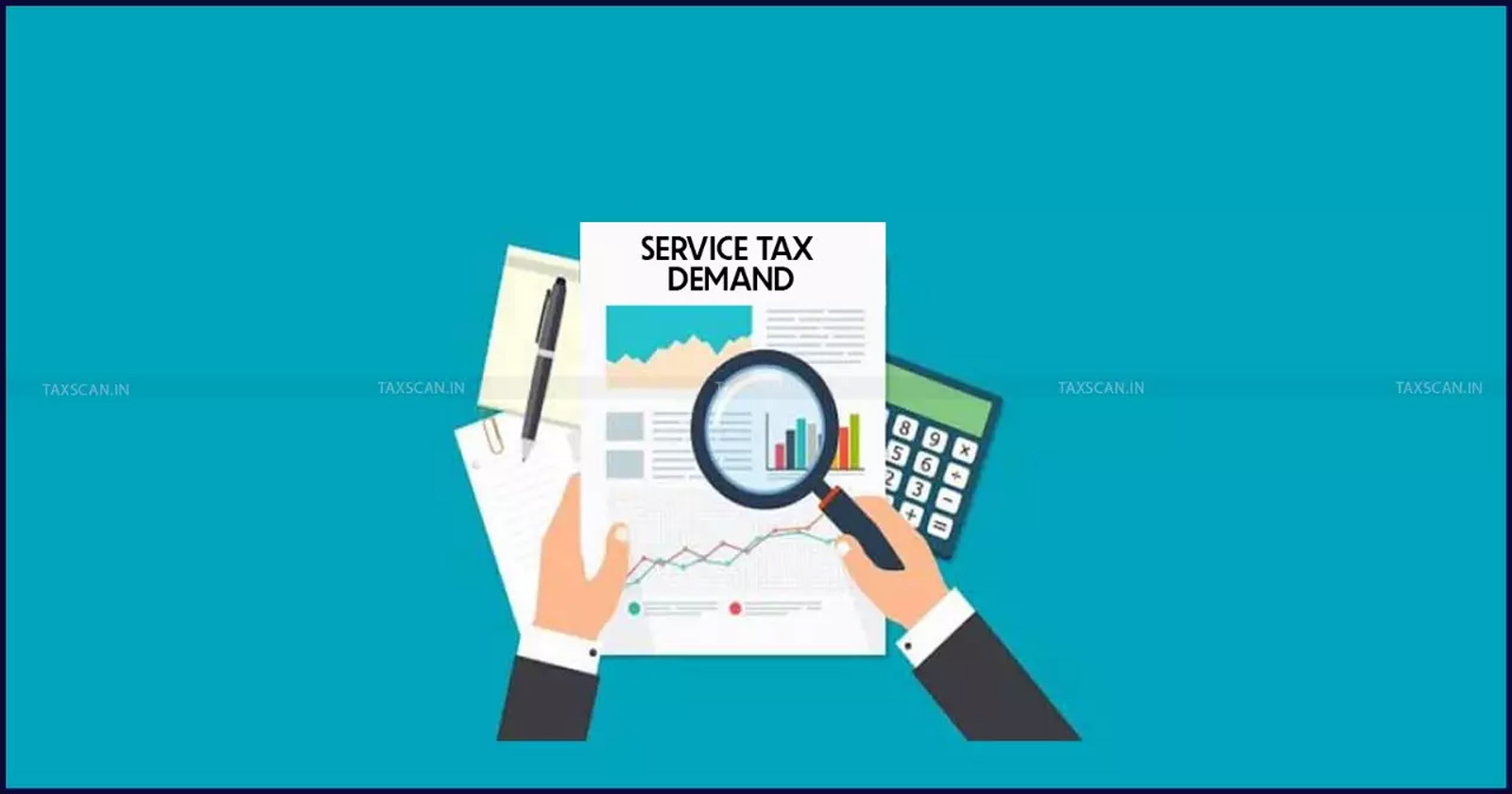Extended Period Not Invocable as All Activities Were Declared in ST-3 Returns: CESTAT Quashes Service Tax Demand [Read Order]
CESTAT quashed the service tax demand against SSG Infratech and held the extended period inapplicable since all receipts were already disclosed in the appellant’s ST-3 returns and books of account
![Extended Period Not Invocable as All Activities Were Declared in ST-3 Returns: CESTAT Quashes Service Tax Demand [Read Order] Extended Period Not Invocable as All Activities Were Declared in ST-3 Returns: CESTAT Quashes Service Tax Demand [Read Order]](https://images.taxscan.in/h-upload/2025/11/18/2106400-cestat-allahabad-serice-tax-demand-cestat-quashes-taxscan.webp)
The Allahabad Bench of the Customs, Excise and Service Tax Appellate Tribunal ( CESTAT ), set aside the service tax demand, holding that the extended period of limitation was wrongly invoked when all relevant details had been regularly disclosed in the assessee’s ST-3 returns and books of account.
The dispute arose during departmental audit, where the officers noted that the assessee had undertaken various taxable activities, including construction of residential complexes and other services, for the period 2009-10 to 2013-14.
 Also Read:Mismatch Between Income Tax and ST-3 Returns: CESTAT Upholds Service Tax Demand for Unexplained Discrepancy [Read Order]
Also Read:Mismatch Between Income Tax and ST-3 Returns: CESTAT Upholds Service Tax Demand for Unexplained Discrepancy [Read Order]
The department alleged that certain receipts on which service tax was payable were either short-paid or not paid, and also issued a Show Cause Notice (SCN) invoking the extended period under Section 73(1) of the Finance Act, 1994.
The adjudicating authority confirmed the demand and concluded that the assessee had not correctly declared the taxable value.
Before the Commissioner (Appeals), the appellant argued that it was duly registered, had filed ST-3 returns on time, and had reflected all receipts in the statutory returns and audited financial statements submitted to the department.
The appellant contended that the alleged short payment was detected solely during audit, and that no evidence of intent to evade, fraud, or willful suppression could be found.
The Commissioner (Appeals) rejected the appellant’s plea and upheld the confirmation of demand.
The Bench comprising Sanjiv Srivastava (Technical Member) and Angad Prasad (Judicial Member) examined the SCN, returns and audit records.
The Tribunal found that the entire taxable value used to compute the demand was taken from the assessee’s own ST-3 returns and books, which were already in the possession of the department. Therefore, the basic condition for invoking the extended limitation period was a deliberate act of suppression or misstatement, this condition was not satisfied.
 Also Read:Non-Filing of ST-3 is Positive Act of of Evading tax: CESTAT holds Extended Limitation Rightly Invoked [Read Order]
Also Read:Non-Filing of ST-3 is Positive Act of of Evading tax: CESTAT holds Extended Limitation Rightly Invoked [Read Order]
The Tribunal reiterated that mere non-payment or short-payment of service tax cannot justify the extended period, particularly where all information had been duly declared and the issue surfaced only from audit scrutiny. It held that the normal limitation period alone was applicable.
Accordingly, the Bench quashed the service tax demand solely on the ground of limitation and allowed the appeal in full.
Santosh Kumar appeared for the Revenue.
Support our journalism by subscribing to Taxscan premium. Follow us on Telegram for quick updates


